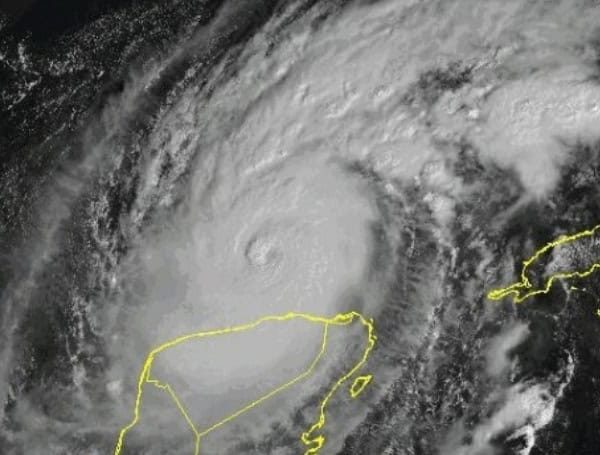Following Hurricanes Milton and Helene, the Federal Emergency Management Agency (FEMA) faced heavy criticism after failing to answer nearly half of the calls from survivors seeking assistance.
According to a report from Politico, between October 14 and October 20, FEMA received about 900,000 calls, with 47% going unanswered. Those who did get through waited an average of over an hour for assistance. This shortfall in response is partly attributed to resource constraints and staffing shortages within FEMA.
READ: Sen. Blackburn Vows FEMA Oversight, Praises Volunteer Efforts During Northeast Tennessee Visit
FEMA’s workforce for handling new assignments was limited to around 500 workers and 55 coordinating officers during this critical period, significantly fewer than the 1,752 personnel deployed in the aftermath of Hurricanes Harvey, Irma, and Maria.
These challenges followed an October 2 warning from Homeland Security Secretary Alejandro Mayorkas, who cautioned that FEMA might not have sufficient funding to cover the entirety of the hurricane season, which runs through November.
Compounding the issue, FEMA’s recent budget allocations included nearly $1 billion spent on migrant services, and $12 million directed toward “equity” initiatives in disaster responses, which aim to enhance aid in underserved communities. While Congress and the administration specifically allocated these funds, they did not address general disaster relief, limiting FEMA’s flexibility in responding to widespread crises like Hurricanes Milton and Helene.
“These funds and personnel should be prioritized for Americans affected by disasters across the country,” remarked Republican Florida Rep. Cory Mills, criticizing FEMA’s redirected resources.
The two hurricanes, which left over 250 people dead and caused an estimated $150 billion in damages, have highlighted FEMA’s strained capacity to respond to major disasters. A former FEMA administrator noted to Politico that “the business model of emergency management in this country is in trouble. It’s overloaded.”
Maggie Jarry, an emergency management specialist at the Department of Health and Human Services, reflected on the agency’s shifting focus at a recent meeting, stating that emergency management is increasingly prioritizing “disaster equity” rather than “the greatest good to the greatest amount of people.”
With hurricane season still ongoing, FEMA’s current challenges underscore a broader debate over resource allocation and the future direction of emergency management in the U.S.
Please make a small donation to the Tampa Free Press to help sustain independent journalism. Your contribution enables us to continue delivering high-quality, local, and national news coverage.
Android Users: Download our free app to stay up-to-date on the latest news.
Connect with us: Follow the Tampa Free Press on Facebook and Twitter for breaking news and updates.
Sign up: Subscribe to our free newsletter for a curated selection of top stories delivered straight to your inbox.



